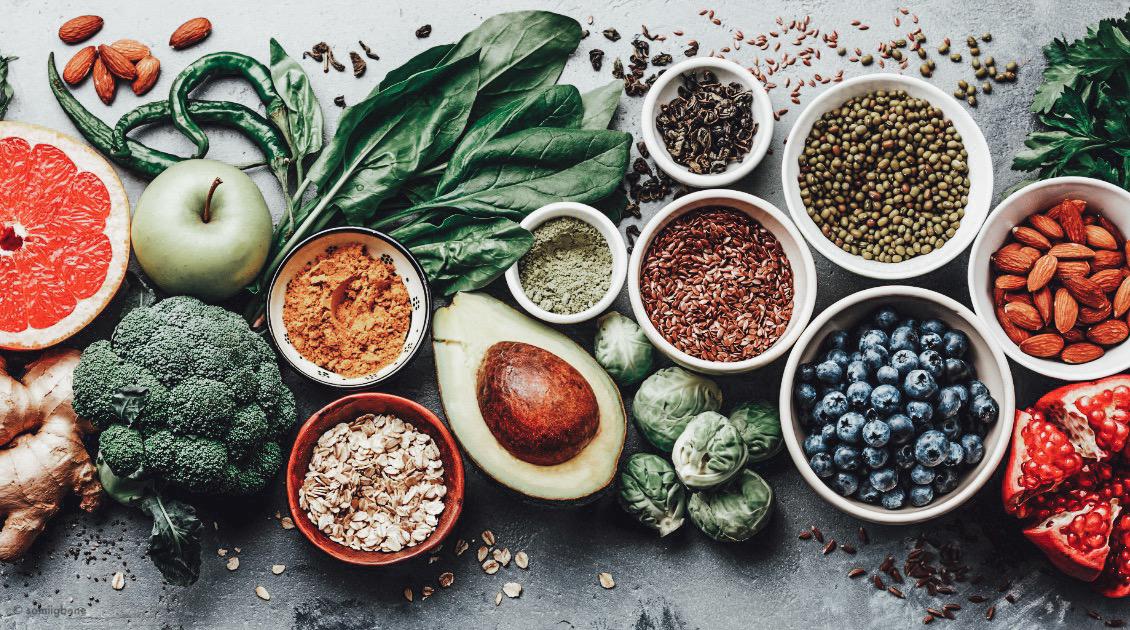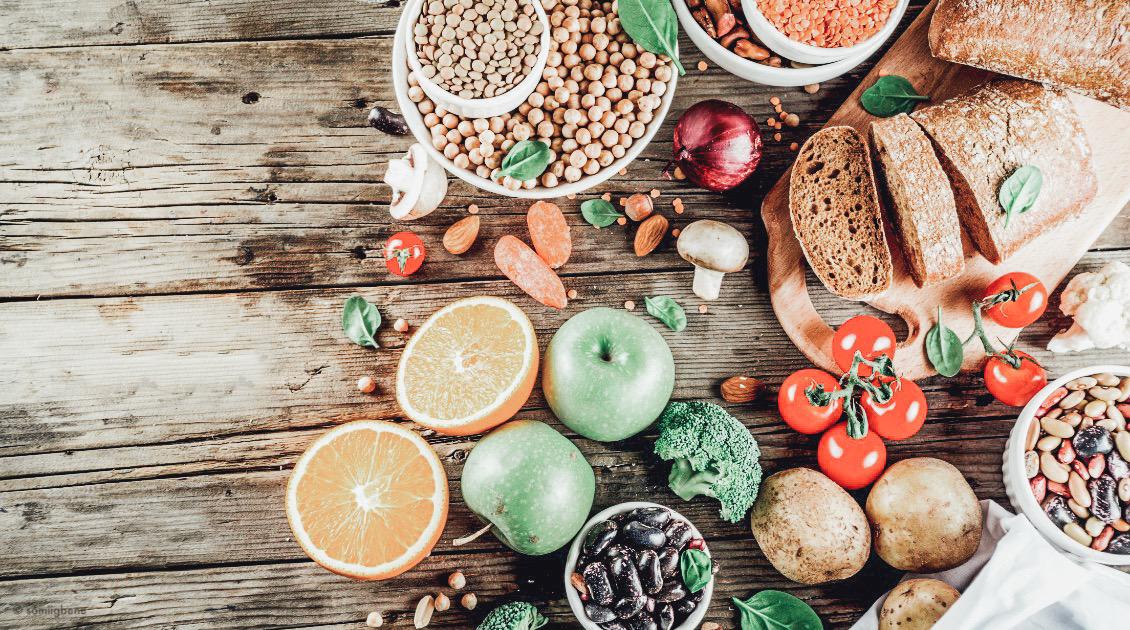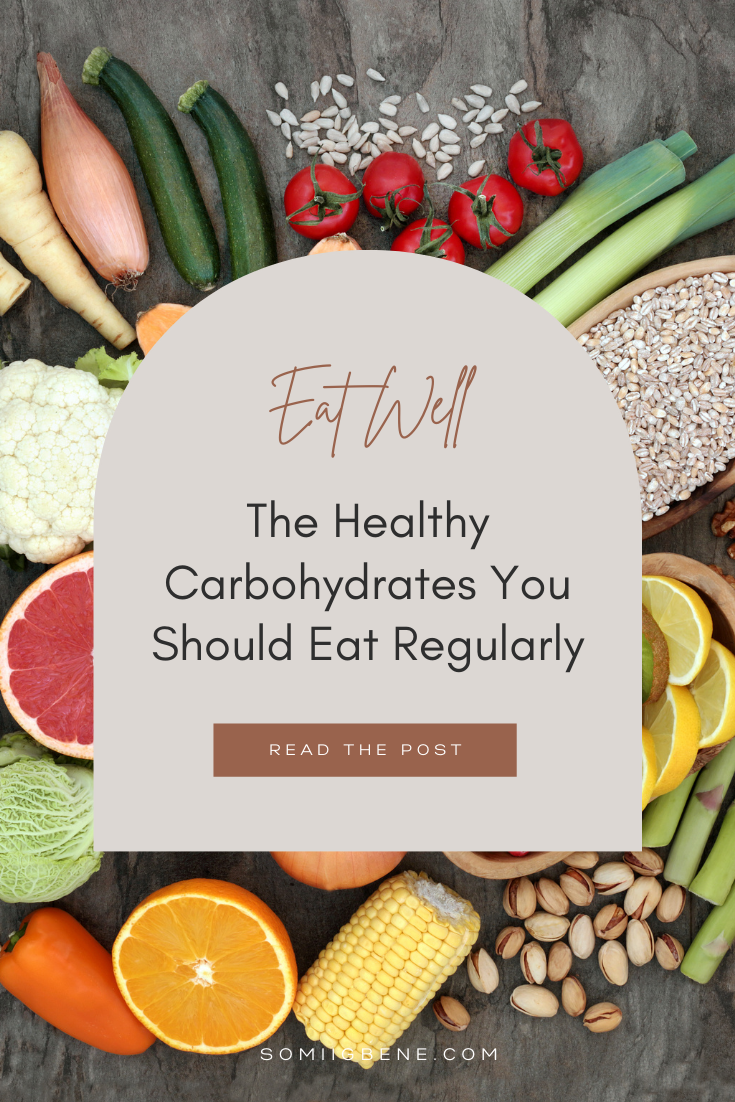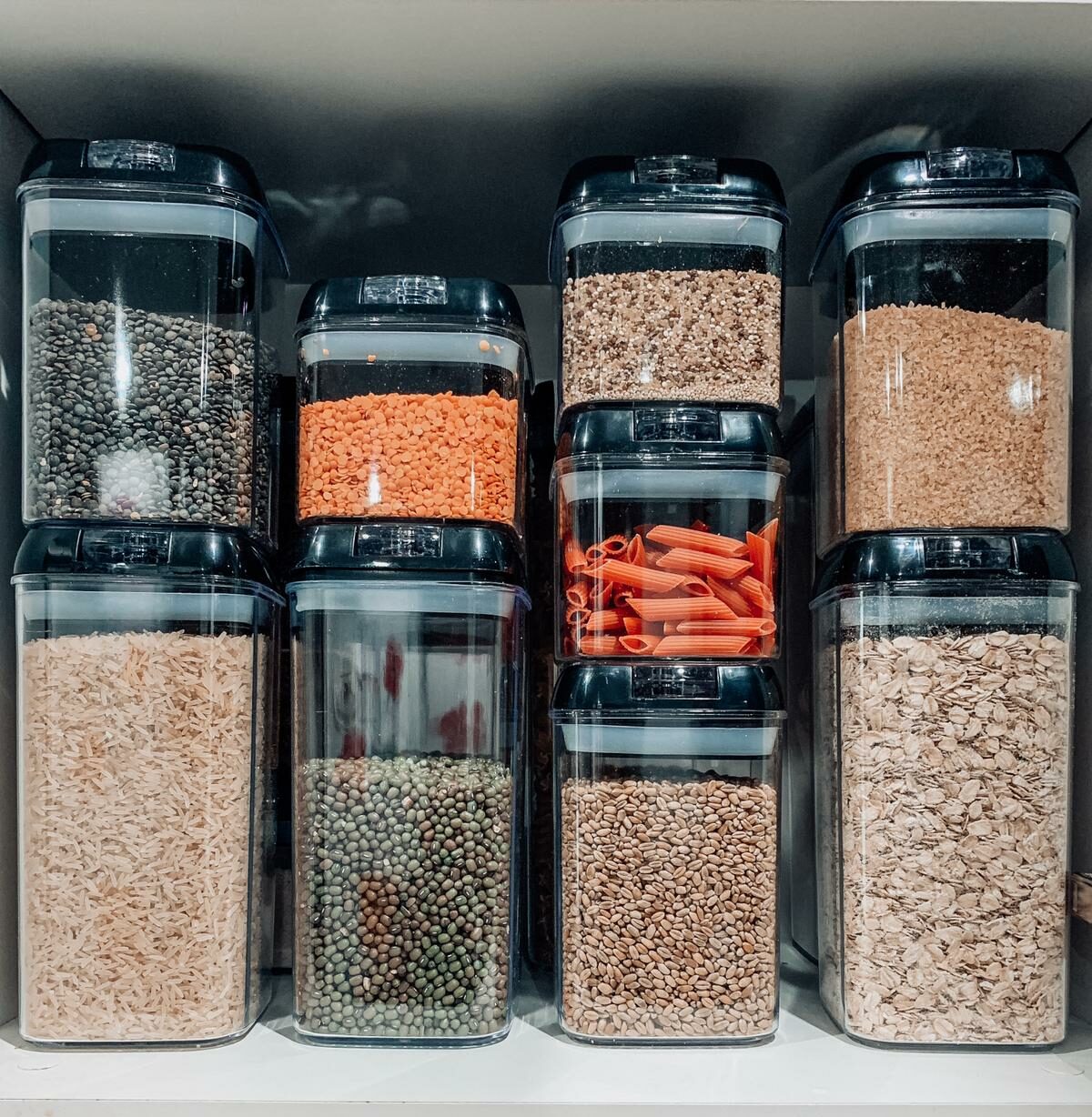
Carbohydrates have a bad reputation that they shouldn’t. You should avoid or keep some of them to a minimum, but you should eat others in adequate quantities. In this blog post, I help you understand the healthy carbohydrates you should prioritise in your diet.
I was stuck in the no-carb/low-carb circus for many years because I bought into the idea that carbs are the perfect recipe for an excessively thick waist and the proverbial ‘thunder’ thighs.
Looking back, I can see how I lost myself in the madness. I was overweight and desperately trying to get rid of the weight. The good news is that I did eventually lose it, but gosh, it was a challenge to maintain!
I went through phases of eating a perfect low-carb diet then experiencing intense cravings for carbs and of course, bingeing on rice and corn for weeks on end.
Feelings of disappointment would kick in; I would ‘gain control’, go back to low-carb eating and then repeat the whole cycle all over again.
I can’t begin to explain how frustrating that was or how relieved I became when I eventually learned through plant-based eating that carbs are not the devil that they are made out to be.
My nutrition knowledge is good, yet I still got caught in the frenzy.
It is easy to fear carbs if social media easily influences you, or if you’re chasing a particular aesthetic *ahem* abs. There’s nothing wrong with pursuing aesthetic goals, but you don’t have to give up carbs to achieve the physique you want.
You need to reduce the processed stuff and prioritise real carbs.

Let’s get scientific, what are carbohydrates?
Carbohydrates are energy packets created by plants through the process of photosynthesis. They are your body’s primary source of energy.
Your brain, nervous system and red blood cells rely exclusively on them to function. Sugar is the most basic carbohydrate. You find it in different forms in food, either as:
- single units (monosaccharides), e.g. glucose, fructose or galactose
- double units (disaccharides), e.g. sucrose, maltose or lactose
- chains of three to nine sugar units (oligosaccharides), e.g. maltodextrin
- longer chains of ten or more sugar units (polysaccharides), e.g. starch, fibre
Simple and Complex (healthy) Carbohydrates
Carbohydrates that contain only monosaccharides or disaccharides are simple carbohydrates. You’ll typically find monosaccharides in large amounts in fruits (as fructose), honey (as glucose and fructose), corn syrup (as fructose), and in smaller amounts in vegetables and grains.
Disaccharides are present in cane sugar, dairy products (as lactose) and malt (as maltose).
Complex carbohydrates contain three or more sugar molecules – the oligosaccharides and polysaccharides fall into this category.
Starch and fibre are complex carbohydrates. Starch is the form in which plants store their energy. It is present in potatoes, rice, millet, beans, lentils, corn, quinoa, oats, peas, etc., and it is an abundant source of energy for you.
Fibre is also made up of chains of glucose, but you cannot digest it. It exists in two forms – soluble and insoluble. Soluble fibre is so-called because it can dissolve in water. Once it dissolves, it forms gel-like substances that control cholesterol and blood sugar levels.
Soluble fibre is present in whole foods including, oats, apples, beans and carrots.
Insoluble fibre consists mainly of cellulose, hemicelluloses and lignans; they are the compounds that give structure to plants. As you may have already guessed, insoluble fibre does not dissolve in water.
Instead, it adds bulk to food, improves satiety and digestion, and promotes bowel health. Insoluble fibre is abundant in vegetables, beans, whole grains and peas.
You cannot categorise food as healthy or unhealthy just by the type of carbohydrate it contains. Food that contains only simple carbohydrates is not necessarily unhealthy, and one that contains complex carbohydrates (depending on the type) may not be the best choice either.
How does that work?

Whole vs Refined Carbohydrates
Whole carbohydrates contain the starchy endosperm, fibre-rich bran, fat-rich germ, and all of the nutrients naturally present in them.
Cracked, crushed, rolled, or milled products made from whole grains are still classified as a whole food if they retain all parts of the original grain and its nutrient profile.
Whole grains are a source of health-promoting fibre, minerals, vitamins and phytochemicals. Numerous studies show that they regulate serum cholesterol levels, lower body fat, improve blood glucose levels, and lower cancer and heart disease risk.
Refined carbohydrates (white flour, white rice, pastries and baked foods in general) are those that contain only the starchy endosperm; they are stripped of the bran, germ and majority of their nutrients through industrial processing.
These types of carbohydrates are still complex because they contain long chains of sugar molecules.
However, a diet centred around refined carbohydrates is associated with an increased risk of diabetes and heart disease. You don’t have to cut these foods out of your diet entirely to be healthy, make sure they are a minor source of energy/calories in your diet.

Which healthy carbohydrates should you prioritise?
It should already be obvious, but if it isn’t, you should prioritise fruits, non-starchy vegetables, whole grains, starchy vegetables and legumes.
These f00ds are the most nutrient-dense forms of carbohydrates. They provide many micronutrients, phytochemicals, and dietary fibre.
- Ensure that at least half of all grains you consume are whole grains. Aim to eat at least two to three servings of whole grains per day. Whole grains include barley, buckwheat, corn, oats, quinoa, rice (brown, black and red), and rye.
- The amount of vegetables you need daily depends on your age, sex and level of physical activity. For women aged 19 t0 50, you aim to eat 1 1/2 cups of dark-green vegetables, 5 1/2 cups of red and orange vegetables, 1 1/2 cups of beans and peas, 5 cups of starchy vegetables and 4 cups of other veggies such as cauliflower and mushrooms per week.
- As well as providing valuable nutrients and phytochemicals, whole fruits are a good source of fibre and simple sugars. Dietary fibre from whole fruits can help reduce blood cholesterol levels, improve bowel function, and lower heart disease risk.
Chime in, what are your favourite sources of whole carbohydrates?

